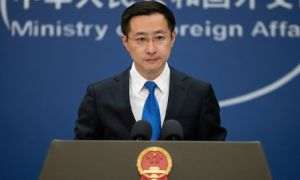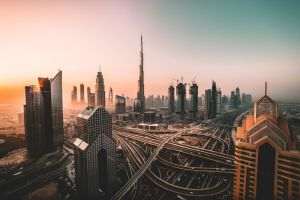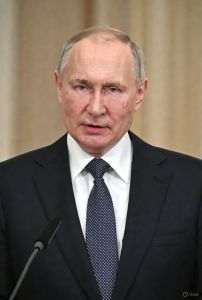Although our country is a net exporter of electricity, this export is done at low prices and that business does not represent an advantage either for the state or for the final consumers paying for green certificates, Silvia Vlăsceanu, executive director of the Association of Producers of Electric Energy (HENRO).
Silvia Vlăsceanu told us: "The fact that we export energy during the hours when the price is low, due to the lack of demand, refers to a private business, from which the state has no advantage. We are talking about private companies, about private investors, most of whom benefit from green certificates, which the Romanian consumer pays for. The respective companies received green certificates for the energy delivered to the network; that this energy goes across the border, being exported, no longer matters: the respective companies receive the certificates paid by consumers. It is true that we import energy at peak hours, with a different, higher price, because in that 2-3-4 hour interval, everyone needs that energy. Then we import expensive energy that is no longer produced from the sun, because in the evening you have nowhere to go, and from the wind you never know if it is enough and when it blows. All in all we are importing expensive power because we don't have power capacity in the band. The fact that we are a net exporter of electricity is not an advantage for the Romanian consumer, be it domestic or industrial. That export is just a private business that goes into the pockets of investors who have production capabilities. If you look at the ANRE data, all those who made their wind energy or solar energy production capacity on law 220/2008 or most of them also got a supply and trading license, so that they could do this business. That's why they can sell the produced energy cheaply, because they earn from the green certificates that consumers pay for".
Regarding the risks for the energy sector, the executive director of HENRO claims that in 2024 they will be the same as before and specifies: "If there is any unavailability of some energy groups in the band - I am thinking of large groups, like Unit 1 or Unit 2 from Cernavodă - we don't really have anything to replace them with. I am talking about the unavailability for a longer period of time, not for a day or two, because for two days Hidroelectrica can increase the production capacity and cover the lack of 700MWh. Then a risk can be the drought, if 2024 will be a dry year, as ANM estimates, because it will affect Hidroelectrica's energy production. Due to the weather or some unpredictable situations, there is a risk that we will not have available all the production capacities in the strip, and to this risk is added the geopolitical one, because we do not know how the war in Ukraine will evolve and what will be the impact on the price of gas" .
Regarding the price of gas, Mrs. Vlăsceanu says that she expects that from 2025 or 2026, after the current geopolitical situation calms down, the industries operating on the basis of natural gas will be impacted by an increase in the price of gas, because LNG is much more expensive. Silvia Vlăsceanu told us: "Unfortunately, we give the monopoly to some, which could increase the price of LNG. For now, we have a privileged position: everyone is looking at our gases, and some would like us to stop exploiting them, because we disturb them".
Regarding the opportunities, the HENRO representative points out that one opportunity is the Contracts for Difference (CfD) mechanism that is meant to encourage investors, but with which her lordship does not agree.
Silvia Vlăsceanu specified: "I believe that this scheme was not necessary at the moment. The discussion of CfD was before the pandemic, when it was determined that it was only necessary for the nuclear area, but now, after very strong lobbying, wind and solar investors and equipment suppliers are taking advantage. It is basically an opportunity for them to take advantage of this CfD scheme as they have taken advantage of green certificates, and they will certainly take advantage. But the application of the CfD scheme does not represent any advantage for the final consumers".
The HENRO representative also told us that she would have preferred the money from the Modernization Fund allocated to the CfD scheme to have been used for investments in networks or in the creation of new energy production capacities from clean sources, including nuclear energy.


















































